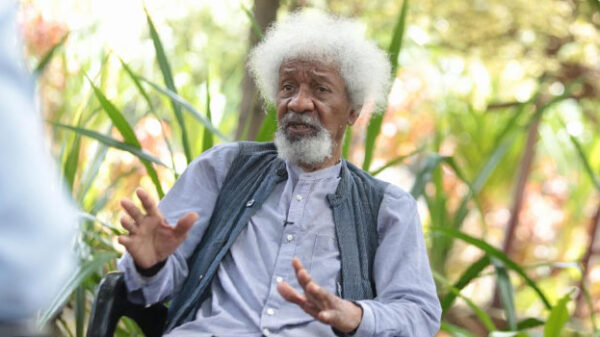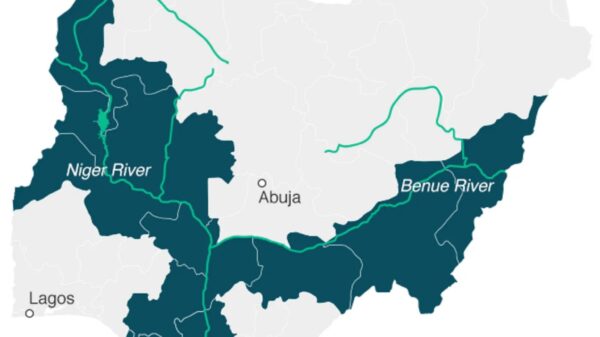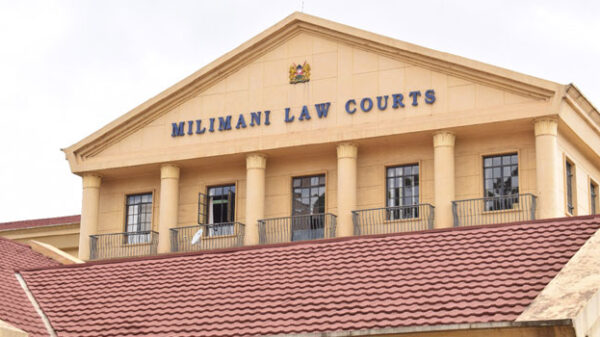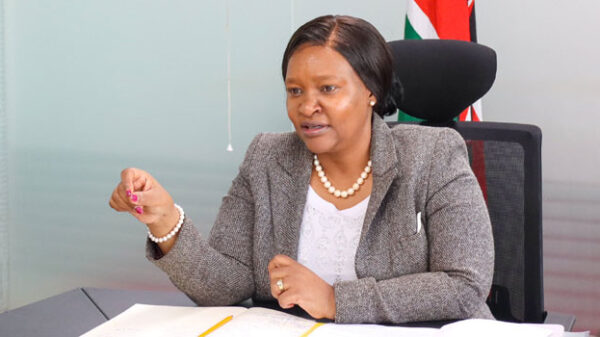
Faiza Mohamed, Africa Director of Equality Now, explained that it would create broad awareness on the significance of the Maputo Protocol and secure the active engagement and commitment of the member states that have not yet ratified the protocol/CFM NEWS
ADDIS ABABA, Ethiopia, Dec 10 – Fifty-five African states are this week converging in Addis Ababa under the auspices of the African Union to accelerate the ratification, domestication and implementation of the Maputo Protocol on Women’s Rights, ahead of the 2020 deadline set for ratification by member states.
The high-level meeting, which kicked off on December 12, is expected to call for the universal ratification of the protocol with 40-member states out of the 55 having ratified it so far.
Discussions will also revolve around the obligations that member states have in protecting women and girls from violence, harmful practices such as Female Genital Mutilation and child marriages as well as safeguarding their rights to reproductive healthcare.
Faiza Mohamed, Africa Director of Equality Now, explained that it would create broad awareness on the significance of the Maputo Protocol and secure the active engagement and commitment of the member states that have not yet ratified the protocol.
Mohamed emphasised that more needs to be done to protect the rights of women and girls at risk from sexual exploitation, harmful cultural practices, and systemic gender inequalities that persist across the continent.
“For example, FGM is one of the harmful practices that the Protocol seeks to put an end to because as we speak, it is still prevalent in more than half of African countries,” she said.
“What happens to that nine-year-old who goes through FGM or is sexually abused and has her birth canal ruined? What kind of future does she have?”
She said there was need for all African countries ratify the protocol so that they are held to account for such injustices.
Mohamed added that the AU convention would be followed by in-country advocacy missions to the member states that were yet to ratify the protocol.
This, she noted, would help highlight the challenges that those countries were facing in ratifying the instrument and identify opportunities to facilitate ratification.
The Maputo Protocol was adopted in 2003 as an African regional treaty affirming women’s rights to exercise self-determination and bodily autonomy; free of discrimination, coercion and violence. It explicitly draws from existing United Nations international human rights law and authoritative guidance, while contextualizing it to women in Africa.
“The protocol is innovative and provides for rights that are specific to the African context. It is the first human rights instruments that provides for access to safe legal abortion and calls for the prohibition of harmful practices such as FGM and child marriage which are not specifically provided for under other international treaties such as CEDAW and the Convention on the Rights of the Child. However more needs to be done,” said Mohamed.
The meeting will celebrate 15 years of the adoption of the Maputo Protocol and identify ways to secure universal ratification, remove reservations by some member states, and domestication and implementation of the protocol including strategies for mobilizing support.
The meeting has been convened by the AU Women Gender and Development Directorate in collaboration with the Solidarity for African Women’s Rights (SOAWR), the United Nations Office of the High Commissioner for Human Rights (OHCHR) and the United Nations Development Programme (UNDP), with the support of development partners.
There has been a concerted effort to have African countries ratify this protocol over the years.
In January, Ghanaian President Nana Akufo-Addo hosted a high-level breakfast on the “Ratification of the Maputo Protocol by States Yet to Ratify the Protocol and the 70th Anniversary of the Universal Declaration of Human Rights.
This was after the AU appointed him as the AU leader on gender and development in Africa.
He invited decision-makers from all sectors of life on the continent to support the Maputo Protocol and to become champions of women’s rights, and agents of change.
He also made a specific plea to the countries which are yet to ratify the Maputo Protocol to do so by the year 2020, the end period of the African Women’s Decade (AWD) that the African Union launched in Nairobi in October 2010.










































